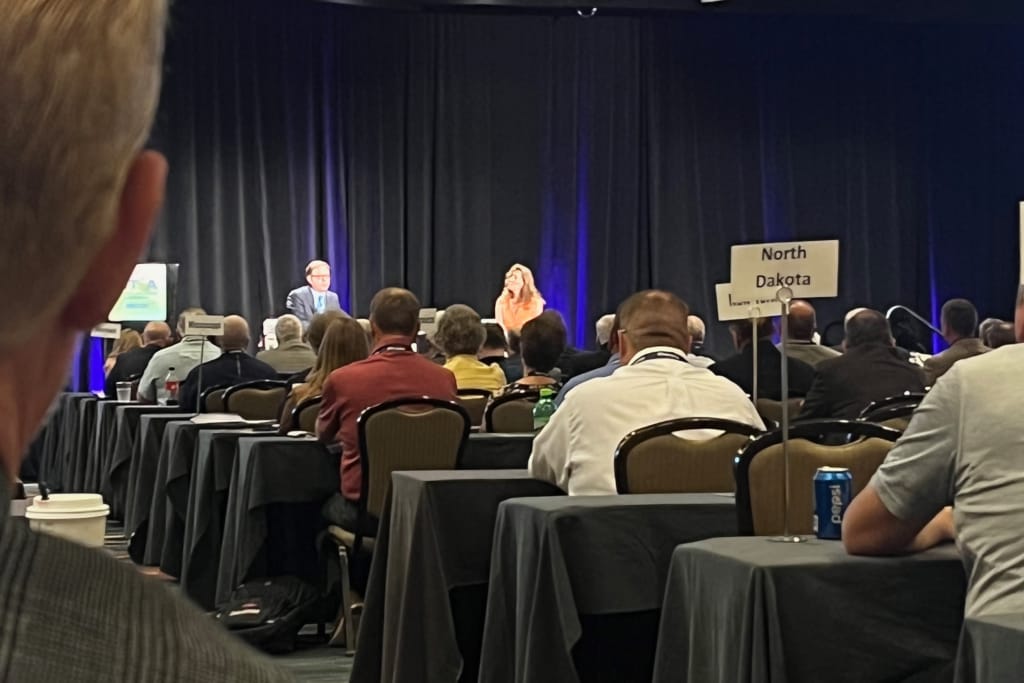NTIA Head Reiterates Need for States to Step Up for Broadband Infrastructure Funds
Alan Davidson urges the importance of state activity in deploying broadband funds.
Theadora Soter

WASHINGTON, April 26, 2022 – The success of the program dedicated to distributing $42.5 billion to states from the infrastructure bill will depend on the work that states do, reiterated the head of the agency tasked with managing the money.
“Their [the states] success is our success,” Alan Davidson, head of the Commerce department’s National Telecommunications and Information Administration, said Monday at a legislative and policy conference hosted by the National Telecommunications Cooperative Association.
“The only way this program is going to succeed is if all of the states are successful in these grant programs,” he added. “And we know from previous experience that different states are in different stages.”
Monday’s event was attended, in person, by rural broadband officers and providers from across the country who are working with federal entities like the NTIA to line up the funding from the Broadband Equity, Access, and Deployment program, which was created out of the Infrastructure, Investment and Jobs Act. The NTIA is preparing to make public a notice of funding opportunity next month, as it also awaits updated mapping from the Federal Communications Commission that is expected to identify areas of the country that are in need of broadband infrastructure.
Davidson said the “the biggest thing” his agency will do to support the states is hire and train individuals at the NTIA to support the states, including with technical assistance and the actual process of building the infrastructure in communities. It is a sentiment that he has been pressing as guest speaker at events including Broadband Breakfast’s fireside chat, in which Davidson said his agency is on standby to support the states.
“There will be a person at the NTIA that every state knows is their person,” Davidson said Monday. “So, if they have a question, there’s somebody who they can call. There will be somebody at the NTIA that wakes up each day and thinks about the success of that state,” said Davidson, who also noted that his administration is currently in the process of hiring such individuals.
“They [the states] are going to be our key partners and they’re going to have to work with the local communities. Building out our capacity, our muscles, to help the states build their muscles, is I think probably one of the most important things we can do as a program,” said Davidson.








Member discussion